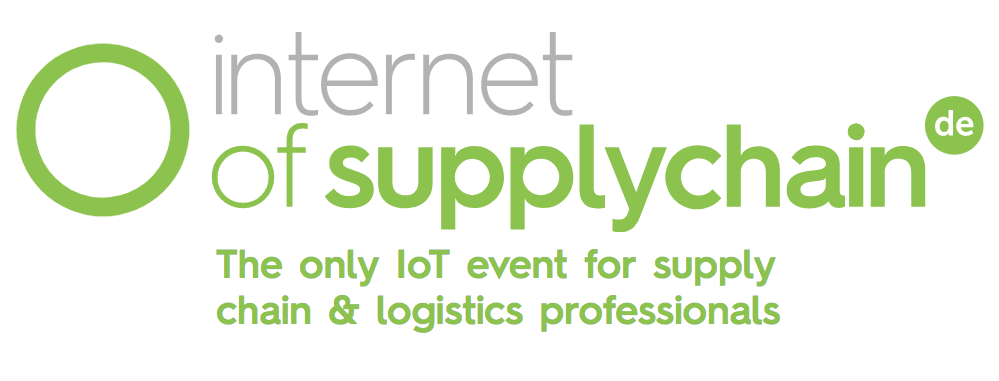Coming soon:Our Internet of Supply Chainconference.
The survey found that the use of HTTP is declining (at 54 percent), to the benefit of the more lightweight and versatile HTTP/2 (25 percent, against 17 percent last year). XMPP (on four percent) is one of the protocols that seems to be losing in the consolidation battle, with a continued decline since 2016.
White House AI for American Industry summit hosts Amazon, Facebook, Google
Suite 456, Spaces, 359 Newbury Street, Boston, MA 02115
In terms of Linux distributions and as Raspberry Pi remains a popular platform for IoT prototyping Raspbian (43 percent) remains top of the list, followed by Ubuntu (on 40 per cent).
How startups aim to help retailers beat Amazon and Alibaba at frictionless shopping
Devices: Google leads in smart speakers, Apple in wearables
While time series data is the most common form collected by IoT applications, traditional relational databases (namely MySQL, with a clear leading position at 45 percent) are still widely used. Classic DBMS such as Oracle or Microsofts SQL Server, however, are only mentioned by two or one percent of respondents, respectively.
Read more:HCL opens Microsoft Cortana AI Lab for Azure development
While Amazon took over the FreeRTOS operating system only a few months before the survey, it has already seen a significant increase in use: up to 20 percent so far in 2018, compared with 13 percent in 2016. This makes it the leading embedded IoT OS, followed by ARM Mbed on nine percent and Contiki with seven percent.
Read more:Amazon takes on government in battle over deliveries
Amazon building healthcare team in Alexa division
Read more:Walmart closing in on stake in India ecommerce giant Flipkart
Message Queue Telemetry Transport (MQTT) is the protocol of choice for IoT messaging, found the survey, but the Advanced Message Queuing Protocol (AMQP) is increasingly being used by companies as both IoT deployments and backend systems scale.
The organisationsfourth annual IoT developer surveyfound that 52 percent of developers cited AWS as their IoT cloud platform of choice, followed by 31 percent for Microsoft Azure. Googles Cloud Platform was a long way behind on just 19 percent, an eight percent year-on-year decrease from 2017.
Receive the latest IoT news and analysis in your industry, straight to your inbox.
Behind every Alexa-powered device in the home, for example, lies an integrated retail, Web services, fulfilment, and delivery platform and one that increasingly links to a world of connected devices. Outside of China, at least, thats a compelling proposition and one that may be too complex for competition authorities to grapple with.
Developers are favouring AWS and Azure to create cloud-based IoT platforms, according to a developer survey by theEclipse Foundation. But Googles Cloud Platform is failing to gain traction in the marketplace.
Rene Millman is a freelance writer and broadcaster who covers IoT, mobile technology, cloud, and infrastructure. In the past, he has also worked as an analyst for both Gartner and IDC. He has made numerous television appearances discussing the technology trends and companies that shape our lives.
Read more:Amazon debuts blockchain network solution
IoT device management revenues to top $20 billion by 2023
Walmart $16bn Flipkart deal: SoftBank uncertain, Google circling


The survey showed that 93 percent of the databases and data stores used in IoT projects are based on open source software. It also showed that the data collected and used by IoT applications is incredibly diverse, ranging from time series sensors to device information and data from log files.
The trend towards open source software is also evident in the operating systems used. At 93 percent, Linux is top when it comes to IoT devices, gateways, or cloud backends, said the Eclipse report.
But while integration is one thing, transparency will be quite another as increasing numbers of organisations find that they have to not only interface with Amazons systems, but also compete for the mega-corporations attention, and that of its algorithms.
Amazons growing dominance inside the Internet of Things is a hidden story in its rise to become the second most valuable company in the world, behind Apple. While its diversification into AI, automation, content, subscription services, vertical markets, home security, and deliveries may have grabbed the headlines, its dominance in Web services, and now in IoT development platforms, means that rivals such as Walmart the worlds leading retailer, and the worlds number one company by revenue have a tough act to follow.
Please log in again.The login page will open in a new window. After logging in you can close it and return to this page.

Read more:Microsoft, MediaTek launch new family of Azure Sphere IoT chips
• Percentages have been rounded up or down to the nearest whole figures from the survey.
